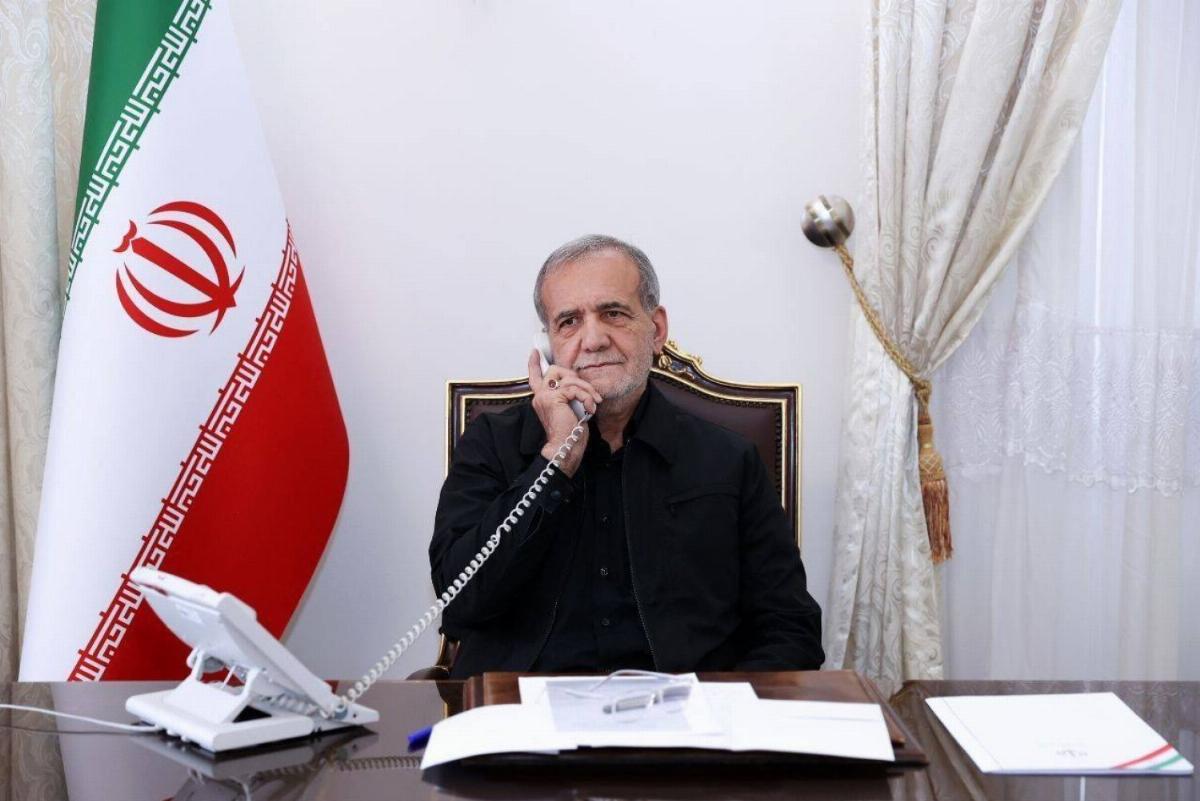
Iran implements changes to address public dissatisfaction
In Iran, recent developments suggest a potential shift in response to public dissatisfaction. Following the return of banned students and professors to universities, new President Masoud Pezeshkian has indicated intentions to limit the activities of the morality police, particularly concerning the enforcement of the compulsory hijab. During a press conference, Pezeshkian engaged with a female journalist about her experiences with the morality police, sparking significant debate online and among political figures. Chief Justice Mohammad Jafar Montazeri criticized the president’s comments, emphasizing the need to uphold hijab standards.
The response from Iranian women has been one of anger, especially following the death of 22-year-old Jina Mahsa Amini in police custody. Many women have since publicly rejected the hijab, with journalist Elahe Khosravi questioning Pezeshkian’s awareness of their daily struggles. Sociologist Mehrdad Darvishpour noted that the growing women's movement in Iran cannot be easily suppressed, suggesting that the anger towards the government is deep-rooted.
Whether Pezeshkian can effectively alter the actions of the morality police remains uncertain, as decisions regarding its operations fall under the Supreme Council of the Cultural Revolution, which includes representatives loyal to Supreme Leader Ayatollah Ali Khamenei. Nevertheless, Pezeshkian's administration has taken steps to reintegrate those dismissed after protests, as evidenced by the recent announcements from the education minister allowing the return of suspended students and professors.
Notable cases include Motahare Goonei, a former protester now permitted to continue her studies, and political activist Kasra Nouri, who is advocating for the educational rights of all students in Iran, regardless of their political beliefs.







